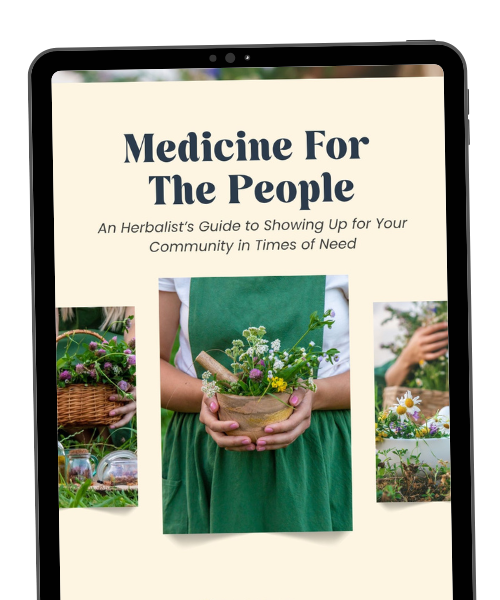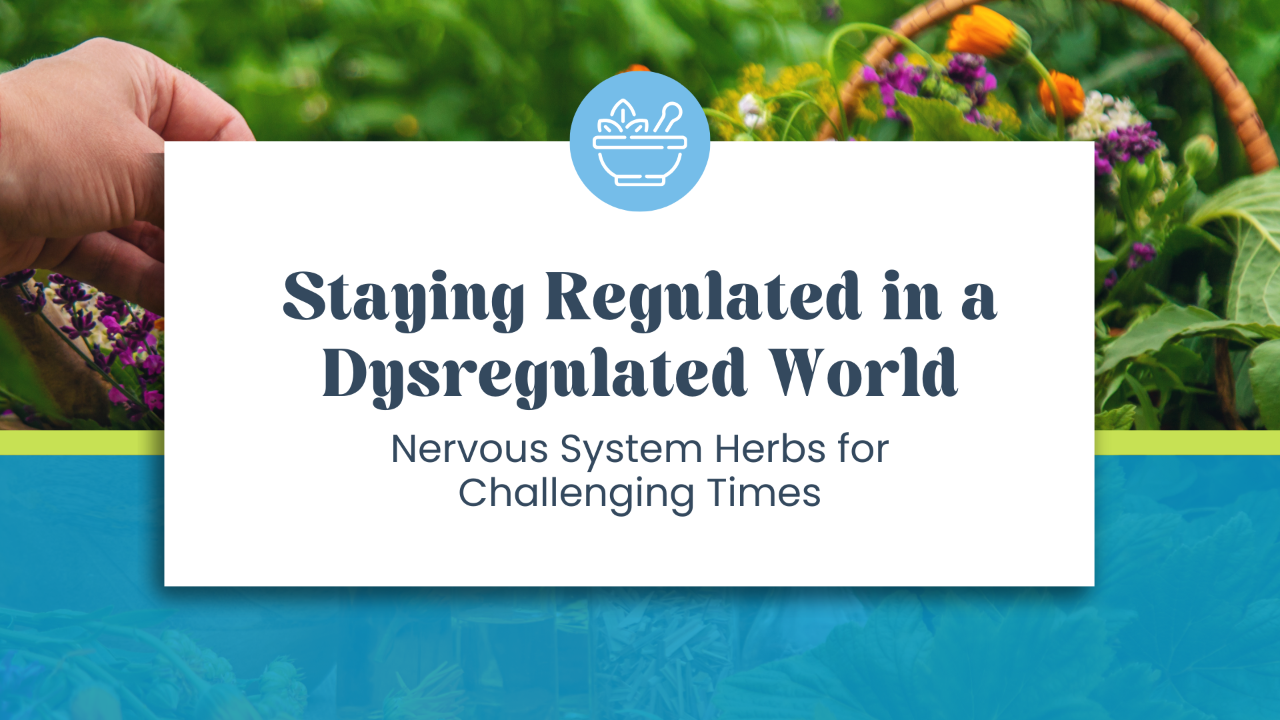The Importance Of Feeling Supported While Breastfeeding With Lo Nigrosh IBCLC Childbirth Educator

Hey there! I'm so excited to introduce today's guest, Lo Nigrosh, because she's an incredible lactation consultant with a wealth of knowledge about breastfeeding and providing the best care for your baby. I had the pleasure of being a guest on her podcast, the Milk Making Minutes, and let me tell you, it was a blast!
But before we dive into all thing’s lactation, let me tell you a little something fascinating about Lo. Did you know that she played volleyball in a unique way, without using a wheelchair? I was absolutely intrigued when I discovered this, so I had to ask her about it.
Lo shared her inspiring story of being a disabled athlete, born without her left foot. Despite her disability, she didn't let that stop her from participating in able-bodied sports for most of her life. But in her twenties, she was recruited to play for the Paralympic sitting volleyball team. Can you believe it?
At first, Lo wasn't interested and didn't even know much about the Paralympics. But someone challenged her to attend a tryout, and she took up the challenge. Let me tell you, it was tough. But Lo joined the newly established women's national sitting volleyball team, and in 2004, they won a bronze medal in Athens, the first-year women's sitting volleyball was included in the Paralympics. Talk about an unexpected triumph!
As a volleyball enthusiast myself, I couldn't help but reminisce about my own experiences with the sport. Lo and I bonded over diving and wearing knee pads, and she shared some fascinating insights into the dynamics of sitting volleyball. Did you know that their team even beat the standing Olympic team on occasion? It wasn't about superior volleyball skills but rather their efficient movement and incredible core strength. They could even get up and run as long as some part of their body between the shoulder and hip was touching the ground when they made contact with the ball. Amazing, right?
After our little volleyball detour, we shifted our focus back to the primary topic at hand—lactation and nursing. I wanted to know how Lo became a lactation consultant and what her role entails.
Lo revealed that many lactation consultants enter the field either through blissful experiences or personal struggles. In her case, it was the latter. She faced numerous challenges with her first child, seeking help from various professionals but still experiencing pain. Despite her extensive knowledge now, Lo realizes that there might not have been much she could have done differently to change the situation.
But her struggles fueled her passion to help other mothers facing similar challenges. Lo became an International Board-Certified Lactation Consultant (IBCLC) and now offers comprehensive support and education to expectant mothers. She's all about empowering moms to navigate their unique breastfeeding experiences.
One core principle Lo emphasizes is that mothers are the experts on their bodies and babies. She works collaboratively with her clients, valuing their input and honoring their role as informed individuals. She believes that seeking professional help shouldn't undermine a mother's instincts and decision-making power. It's about striking a balance between expertise and respecting a mother's knowledge of her own baby.
What I love about Lo's approach is her recognition of the importance of Western medicine and holistic healthcare. She combines her roles as an IBCLC and clinical herbalist to provide comprehensive care for her clients. If necessary, she refers clients to Western medical professionals and explores herbal remedies that complement conventional treatments. It's all about finding what works best for each individual.
But it's not just about the technicalities of lactation. Lo understands the significance of mental health during the breastfeeding journey.
By identifying each mother's motivations and goals, she creates a support plan that respects their needs and desires. Sometimes, temporary alternatives to breastfeeding, like expressing milk and using bottles, can alleviate mental and physical stress while maintaining milk supply. It's all about finding the right balance for each mom.
Support is crucial on this journey, and Lo encourages moms to seek out a strong support system. Whether it's friends, support groups, or professionals like an IBCLC, having a network of support can make a world of difference. With Lo's expertise and guidance, moms can face their breastfeeding struggles head-on.
And speaking of support, self-care is vital too. Lo emphasizes the importance of finding balance and taking care of oneself. Engaging in daily outdoor activities, pursuing personal passions, or simply carving out small moments of joy can greatly impact a mother's well-being. It's all about making small changes that positively influence the breastfeeding journey.
Of course, the conversation wouldn't be complete without discussing the use of herbs in lactation.
Lo often directs clients to reliable online resources when they inquire about herbs for increasing or decreasing milk supply. But she also emphasizes that herbs alone won't solve underlying issues like weight gain problems, latch difficulties, or pain during breastfeeding. Those issues require addressing the root cause.
We also delved into the topic of specific herbs like fenugreek, which is commonly discussed for milk supply. While it has been used for centuries as a galactagogue, it's not a magical solution for every lactation problem. The exact mechanism behind its effectiveness is still a bit of a mystery.
Lo mentioned Dr. Hale, a renowned researcher who has extensively studied the safety of drugs and substances during breastfeeding. His rating system helps determine the safety of substances based on various factors. Lo recommends consulting the Infant Risk Center, created by Dr. Hale, to inquire about the safety of medications while breastfeeding.
And then there's Shatavari, known as herbal Domperidone. Domperidone is a pharmaceutical used to increase milk production but isn't FDA approved in the United States. Shatavari, on the other hand, is an herb that may have similar effects and is safe to use while breastfeeding. It's known to increase vital fluids in the body, including breast milk.
Navigating the safety and efficacy of pharmaceuticals and herbs during lactation can be challenging. That's why it's important to work with professionals who have access to up-to-date information and can guide individuals based on their specific circumstances.
Before we wrapped up our conversation, Lo left us with an important reminder: Your ability to mother is not defined by how you feed your baby. Whether you breastfeed or use other methods, you are still an amazing mom. What truly matters is the way you mother, not the way you feed your baby.
As we concluded our chat, I asked Lo how listeners could find her and work with her as a lactation consultant. She directs you to her podcast, "The Milk Making Minutes," available on various platforms. And if you want to schedule consultations, you can head to her website, Quabbin Birth Services. She's a wealth of knowledge and support, so if you're in need, definitely check her out!
Remember, every breastfeeding journey is unique, and it's important for moms to receive individualized support and guidance. By sharing Lo's story and promoting the spread of valuable information, we can help create a supportive community for mothers and contribute to their overall well-being.
Do You Have The Right Remedies On Hand?
Whether it’s a tummy ache, sleepless nights, or boosting immunity, The Ultimate Guide to Stocking Your Natural Medicine Cabinet has the top-quality remedies you need. Tested by a clinical herbalist—and her kid too!
Grab your guide below👇🏼
We hate SPAM. We will never sell your information, for any reason.







